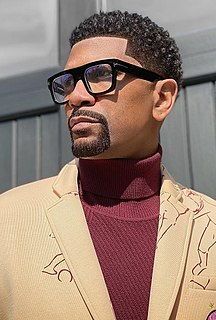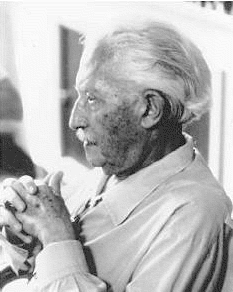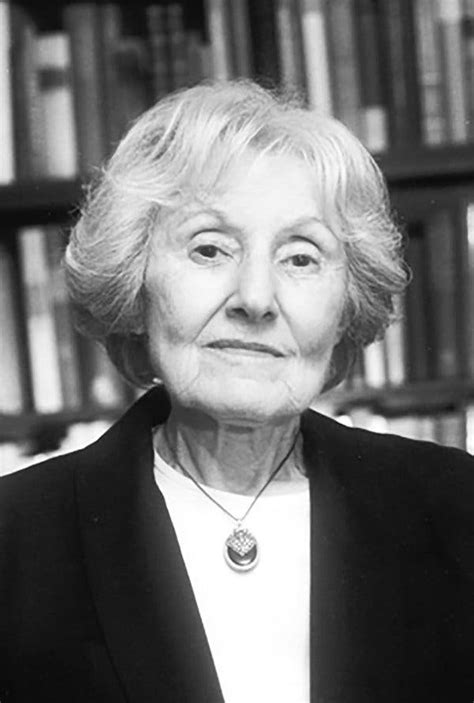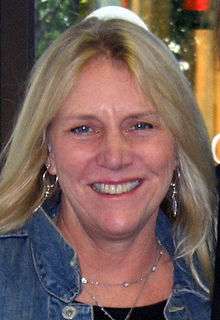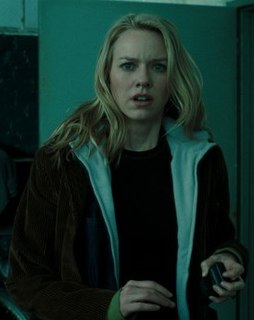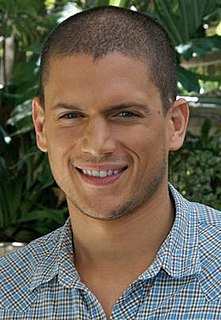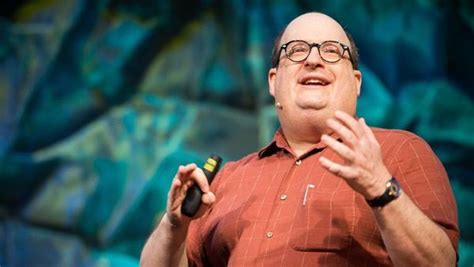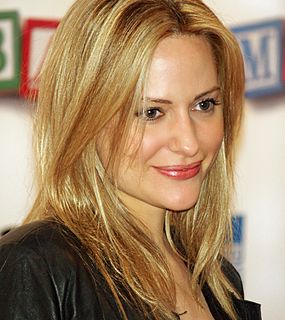A Quote by Zach Anner
I think that's where it comes into play, when you are just looking at a document or whatever and you see the word "disability." Does that automatically trigger something in you that denies someone their personhood?
Related Quotes
It seems to me that people who don’t learn as easily as others suffer from a kind of learning disability—there is something different about the way they comprehend unfamiliar material—but I fail to see how this disability is improved by psychiatric consultation. What seems to be lacking is a technical ability that those of us called ‘good students’ are born with. Someone should concretely study these skills and teach them. What does a shrink have to do with the process?
There are things that I really find important, and that we need to remind ourselves of. When you think about disability, do you really think about it? Someone who's a full-time trainer or a boxer, someone who's got a major disability, but who doesn't let that get in his way, that's a really good message for someone who is able-bodied. It can make them think, 'Wow, I suppose I could be doing better for myself.'
A savant, by definition, is somebody who has a disability and, along with that disability, has some remarkable ability. Prodigies and geniuses have the remarkable abilities that the savant shows, but they do not have a disability. So, by definition, a savant includes someone with a disability, and a prodigy or genius are people who have these remarkable skills but they do not have a disability.
You see a child play, and it is so close to seeing an artist paint, for in play a child says things without uttering a word. You can see how he solves his problems. You can also see what's wrong. Young children, especially, have enormous creativity, and whatever's in them rises to the surface in free play.
The Marxist combination of materialism and determinism is fatally anti-humanistic. It denies a consciousness, a mind, that is independent of material conditions and class relations. It denies a will and volition that are capable of shaping the course of history. It denies an individuality that is not reducible to class. It denies both the idea and the reality of freedom, a freedom that is something more than the "bourgeois" freedom to buy and sell. It denies a morality that transcends class interests. And it denies the spirituality of man.
When you're home or you're working, your mind just isn't allowed to just roll on like it does when you're watching the scenery go by. You're hurdling through space but you're not really moving. ...It's that dreaminess, that ability to just get dreamy while you're looking out the window and you see something...and it makes you think of something else, and all of a sudden the words are just flowing out of you.
The word "metaphor" means carrying something from one place to another . . . and it is when you describe something by using a word for something that it isn't. This means that the word "metaphor" is a metaphor. I think it should be called a lie because a pig is not like a day and people people do not have skeletons in their cupboards. And when I try and make a picture of the phrase in my head it just confuses me because imagining and apple in someone's eye doesn't have anything to do with liking someone a lot and it makes you forget what the person was talking about.
When you say documentary, you have to have a sophisticated ear to receive that word. It should be documentary style, because documentary is police photography of a scene and a murder ... that's a real document. You see, art is really useless, and a document has use. And therefore, art is never a document, but it can adopt that style. I do it. I'm called a documentary photographer. But that presupposes a quite subtle knowledge of this distinction.
Arsenal is a club that likes to bring through young players, that's something that always gets the fans excited, to see someone from home come and play for the first-team. I think that's something that every team should do. The fact that Arsenal does it a lot and that I'm one of them, I'm really proud.
I think it's a very dangerous game to play when you assume that just because someone's an entertainer, they're automatically a role model. Entertainers are there to entertain. They aren't there to teach your children the lessons that you haven't bothered to teach them at home yourself. They're just doing their own version of entertaining.
Users scan a page looking for trigger words. If they find a trigger word, they click on it but if they don’t find it, they go to search. That’s the way it works on 99% of sites, although Amazon is an exception. That’s because Amazon has done a great job of training users to know that absolutely nothing on the home page is of any use.
I think my sensibilities about storytelling and character just automatically come into play when I'm trying to work on any kind of narrative. For me, it doesn't really matter what the source of the narrative is. I will be looking for ways to make it into an intriguing story with empathetic characters.



